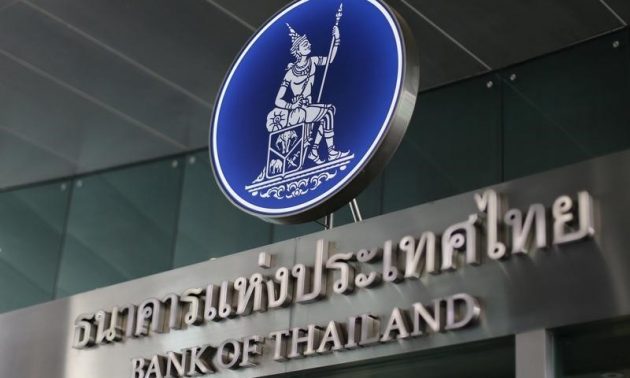The Central Bank of Nigeria (CBN) on Thursday unveiled the National Financial Inclusion Strategy designed to ensure that at least 80 per cent of Nigerians have access to banking and other financial services.
The CBN Deputy Governor on Financial System Stability, Mrs. Aisha Ahmad, made the presentation at the National Financial Literacy Stakeholders’ Conference in Abuja on Thursday.
She said that the apex bank had also released new policy frameworks on consumer protection, financial literacy and financial education.
“Adequate consumer protection is critical to sustaining the long term viability of the financial sector because consumer protection is a necessary precursor to building and maintaining trust in the formal financial sector.
“An essential pillar of any consumer protection regime is consumer education, which is founded on financial literacy.
“The benefits of a financially literate population are immense. Consumers are better equipped to make optimal choices in the use of financial products, pose lower credit and default risk.
“In addition constitute a market for sustainable financial services and promote Financial System Stability by increasing market demand and responsible use of financial services,” she said.
Ahmad said the CBN recently introduced regulations and guidelines for the licensing and operations of Payment Service Banks in furtherance of its efforts to leverage technology to enhance access to financial services for the unbanked.
She said the move was expected to drive down exclusion rates by leveraging wider variety of multiple channels to enhance access to deposit products, payments and remittance services to small businesses and low income households.
Meanwhile, the Director, Consumer Protection Department, CBN, Mr Kofo Salam-Alada, harped on the importance of promoting sound financial system in the country to ensure that consumers continue to have confidence in the sector.
“As we seek to boost the number of consumers in the financial industry through the Financial Inclusion Strategy, it is important that we establish policies, structures and programmes that would engender confidence among the general public.
“This is even more imperative considering the fact that we are only just recovering from a financial crisis that brought the financial system on the brink of collapse.
“All the efforts at strengthening the financial system would be fruitless if there are no concerted efforts to restore trust and confidence among consumers,” he said.
Salam-Alada revealed that since the consumer protection department was set up, it had successfully recovered more than N68 billion in favour of customers who have been shortchanged by their banks.
Also, the Managing Director, Jaiz Bank, Mr Hassan Usman said that the bank was committed to deepening financial services in the country through its non-interest banking strategy.
He said that the bank was currently engaging with women entrepreneurs in rural areas and giving them small loans to grow their businesses while encouraging them to open accounts.
According to him, the aim is to expose them to bank facilities that will grow their businesses in the near future.
The newly released National Financial Inclusion Strategy proposes roles and responsibilities for key stakeholders in the financial sector to reduce financial exclusion rate from the present 36.8 per cent to 20 per cent by 2020.
The key stakeholders are the Federal Government, the Deposit Money Bank’s, Development Finance Institutions, National Insurance Commission, National Pension Commission, National Communication Commission and Nigeria Postal Service among others.
The priority areas identified for the success of the strategy includes “Tiered Know-Your-Customer” regulations, agent banking regulations, national financial literacy strategy and consumer protection.




